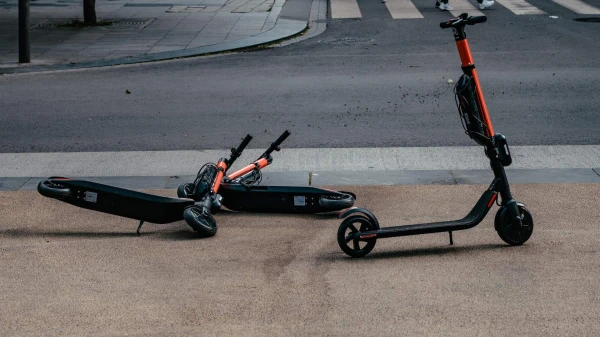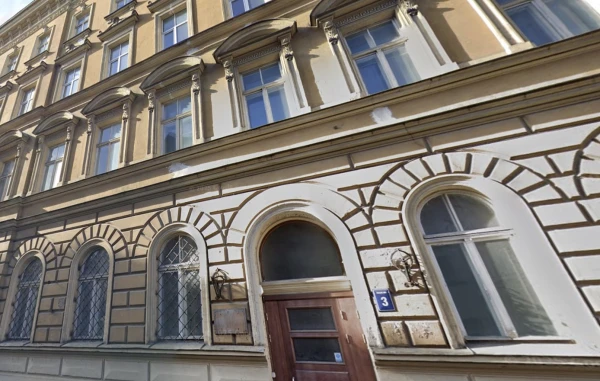
The profile of border violators has changed; now it is trained men in their prime who are trained to do everything as quickly as possible, said Interior Minister Rihards Kozlovskis in an interview with the LETA agency, commenting on the situation at the eastern border of the country.
Speaking about equipping the Latvian-Russian and Latvian-Belarusian borders with technology, the minister reported that about 460 kilometers of the eastern border will be equipped with optical cable, which will open up the possibility of adding extensive functionality, including solutions based on artificial intelligence.
This does not mean that the border cannot be crossed illegally, but in the event of an attempt at physical damage, information will be received. AI-based solutions will allow understanding who is at the border - a violator, a wild animal, or a border guard.
"The concept of how border guards operate will also change. Currently, patrolling is largely reaction-based, but we need to be able to act faster. If the border has been crossed and we can be there in half an hour, no one will sit and wait for us," said the minister.
The profile of border violators has also changed, so creating a network in such a way that potential border violators cannot penetrate deep into the country is a complex task. Poland, which has completely different resources, also acknowledges that it is unable to detain about 4% of illegal border violators.
The minister does not believe that Latvia is the weak link in Eastern Europe, as this is not supported by statistics, namely the number of people who were subsequently detained in Lithuania, Poland, and returned to Latvia.
In 2023, a high figure of 14,000 people attempting to cross the border was recorded, while the number subsequently detained in Lithuania and Poland and returned to Latvia was about 1,000 people. Last year, there were more than 500; this year, despite the fact that the number of attempts to cross the border is already twice as high as last year, the number returned is less than 500 people. These individuals are illegal border violators who passed through Latvia and were then caught in Lithuania or Poland, as well as those who sought asylum in Latvia.
"Can we say that we are working worse for this reason? Considering that both Lithuania and Poland have increased resources for capturing illegal migrants, I completely disagree with this," said the minister.
It has already been reported that this year, a total of 10,417 people attempted to cross the Latvian-Belarusian border illegally. At the same time, 25 illegal migrants were allowed to cross the border for humanitarian reasons.














Leave a comment